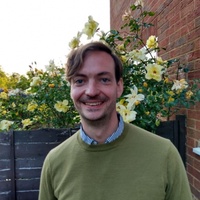
Senior Lecturer
- About
-
- Email Address
- hans.hones@abdn.ac.uk
- School/Department
- School of Divinity, History, Philosophy & Art History
Biography
Hans C. Hones is Senior Lecturer in Art History at the University of Aberdeen, currently serving as Head of Department for Art History. Prior to joining UoA in 2020, he worked as a lecturer at the Courtauld Institute and has held teaching and research positions at The Warburg Institute and UCL, among other. He gained his PhD from LMU Munich in 2013.
Hans is a leading researcher in the field of art historiography and art theory. He has published monographs on seminal figures such as Heinrich Wölfflin and Aby Warburg, on the search for the 'origins of art' in eighteenth-century historiography, and on (self-) translation and migration in art history.
Much of his work addresses the history of humanities more broadly. He has a keen interest in the formation of art history as an academic discipline, and its intersections with neighbouring areas of study, such as Classics and antiquarianism, prehistoric archaeology, and theology.
To date, Hans has published three single-authored monographs, seven edited collections, special issues, and exhibition catalogues, and c. 40 essays. His work has been supported by the Herzog-August-Bibliothek Wolfenbüttel and the Paul Mellon Centre London.
External Memberships
Scottish Society for Art History, Treasurer.
Prizes and Awards
Paul Mellon Centre Research Collections Fellowship 2021/22
Aby Warburg Prize for Emerging Scholars 2024
- Research
-
Research Areas
Accepting PhDs
I am currently accepting PhDs in Art History.
Please get in touch if you would like to discuss your research ideas further.
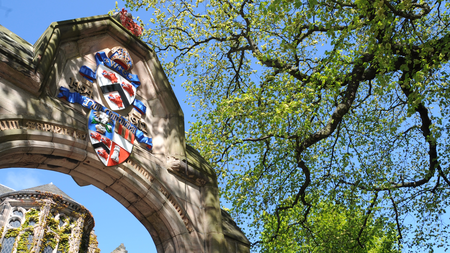
Art History
Accepting PhDsCurrent Research
Hans is a leading expert in the history of art historiography. He has published extensively on art historiography since the eighteenth century, and has written and edited books on: Heinrich Wölfflin (Wölfflins Bild-Körper, 2011), eighteenth-century antiquarianism (Kunst am Ursprung, 2014), and art history and migration (Migrating Histories of Art, co-ed. 2019), among others. His third monograph Tangled Paths. A Life of Aby Warburg has been published by Reaktion Books in spring 2024. Much of his work focuses on the intersections of art history with neighbouring fields of knowledge: Classics, Archaeology, Theology among them. His work is driven by a love for archives, and for unearthing ideas and debates that help to rethink the canonical narrative of art history and its place in modern academia.
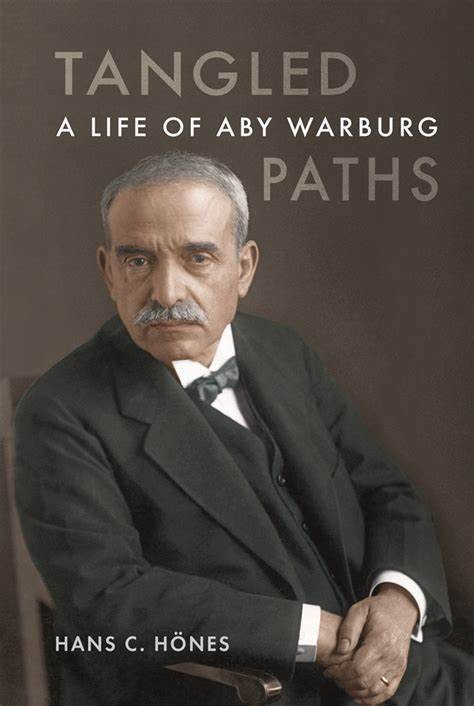
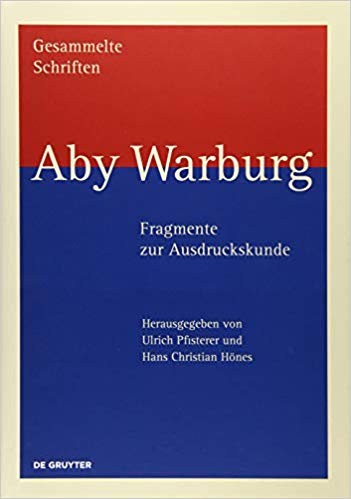
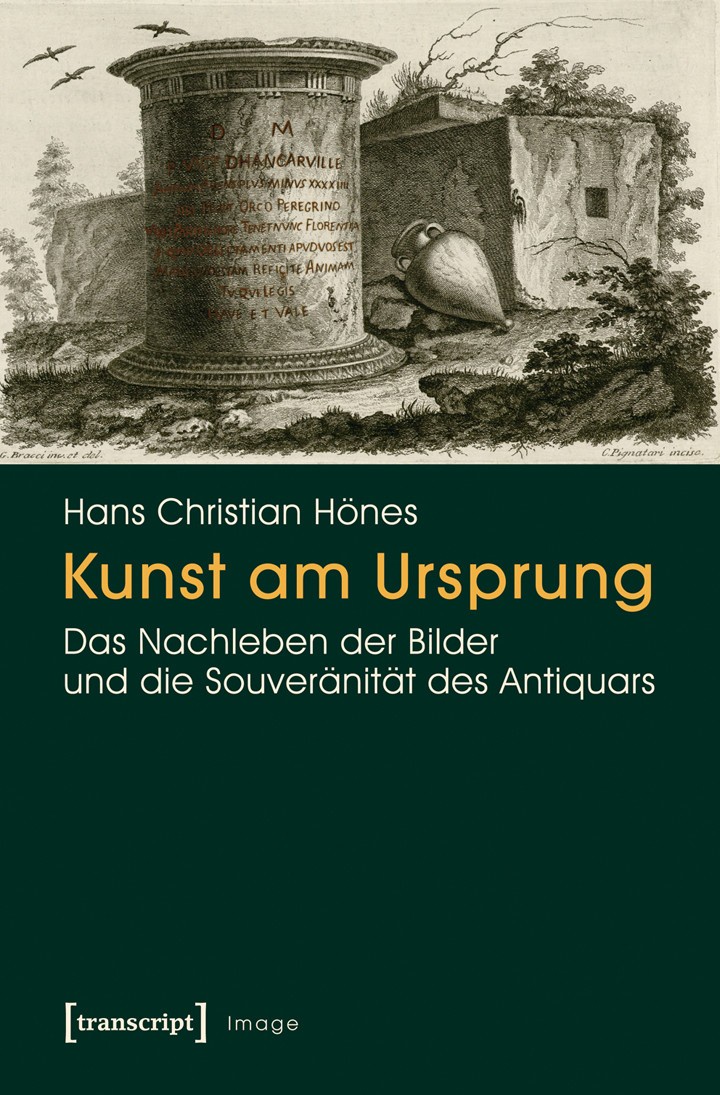
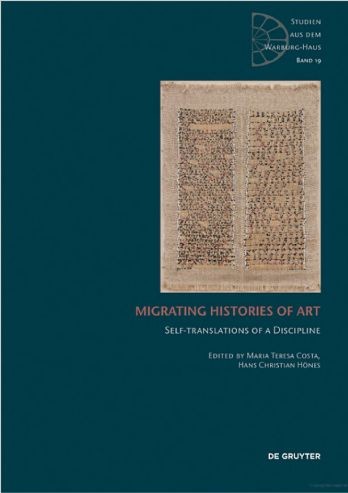
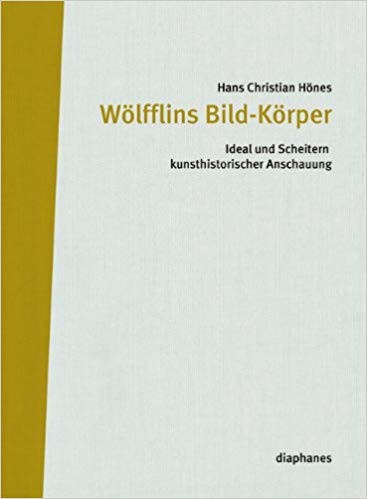
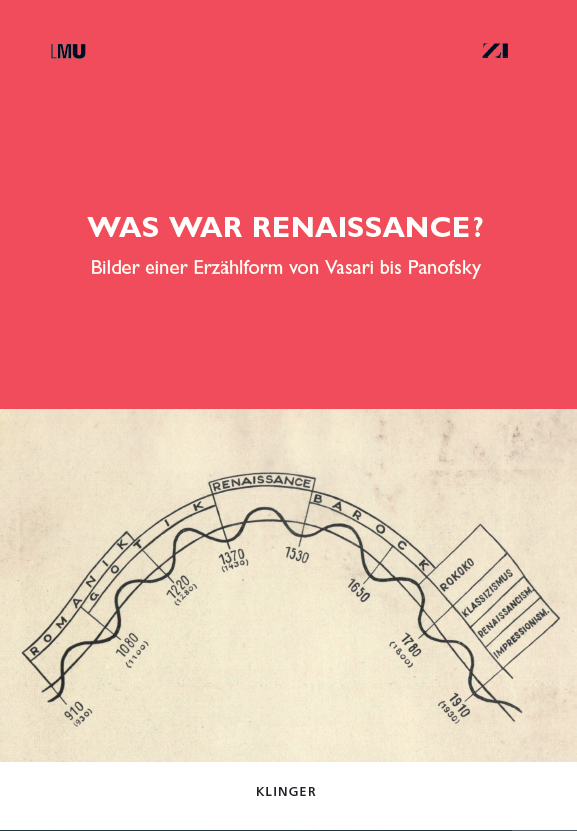
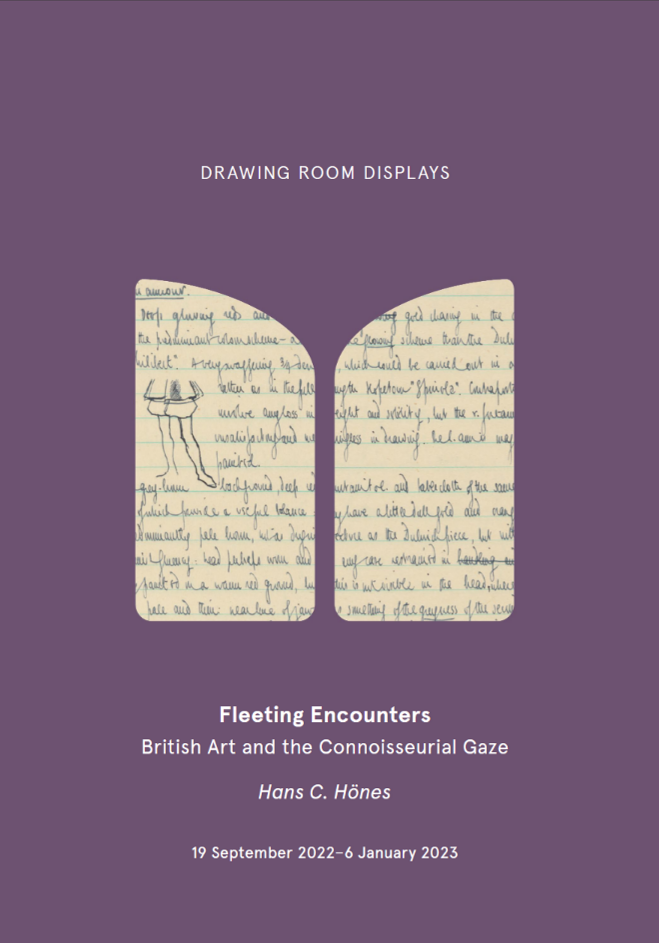
Art History in Britain
Much of Hans’ recent work has been focused on the history of art history in Britain. He aims to reassess the history of art history in Britain by focusing on the institutional debates on the place of the discipline in the country’s education system. The project argues that the marginal status of art history in British academia is best understood not as an intellectual problem, but as the result of institutional power struggles: the remit of art history was contested by more established professions such as academic artists, historians, or classicists who considered the historical study of artworks (e.g. medieval manuscripts and Greek sculpture) as their domain. Hans is interested in how art historians professionalised themselves and eventually carved out a niche for their subject, amidst a changing landscape of higher education.
For some preliminary results, see the articles in British Art Studies 2022; Kunstchronik 2022; Zeitschrift fuer Kunstgeschichte 2021, and in the edited volume Migrating Histories of Art. Self-Translations of a Disciplin, 2019.
Art and Environment in the nineteenth-century
He also has a keen interest on the role of environmental discourses for Neoclassical and Romantic art and art theory. He is particularly interested in the reception of Johann Joachim Winckelmann’s climate theory in 18th and 19th-century art and archaeology, and its consequences for neoclassical geographies of art, culture, and the “Greek ideal” (see articles on Joseph Gandy, Architectural History 2021; on Humber de Superville, kritische berichte 2021; and in the volume Winckelmann und die Schweiz, 2018).
- Teaching
-
